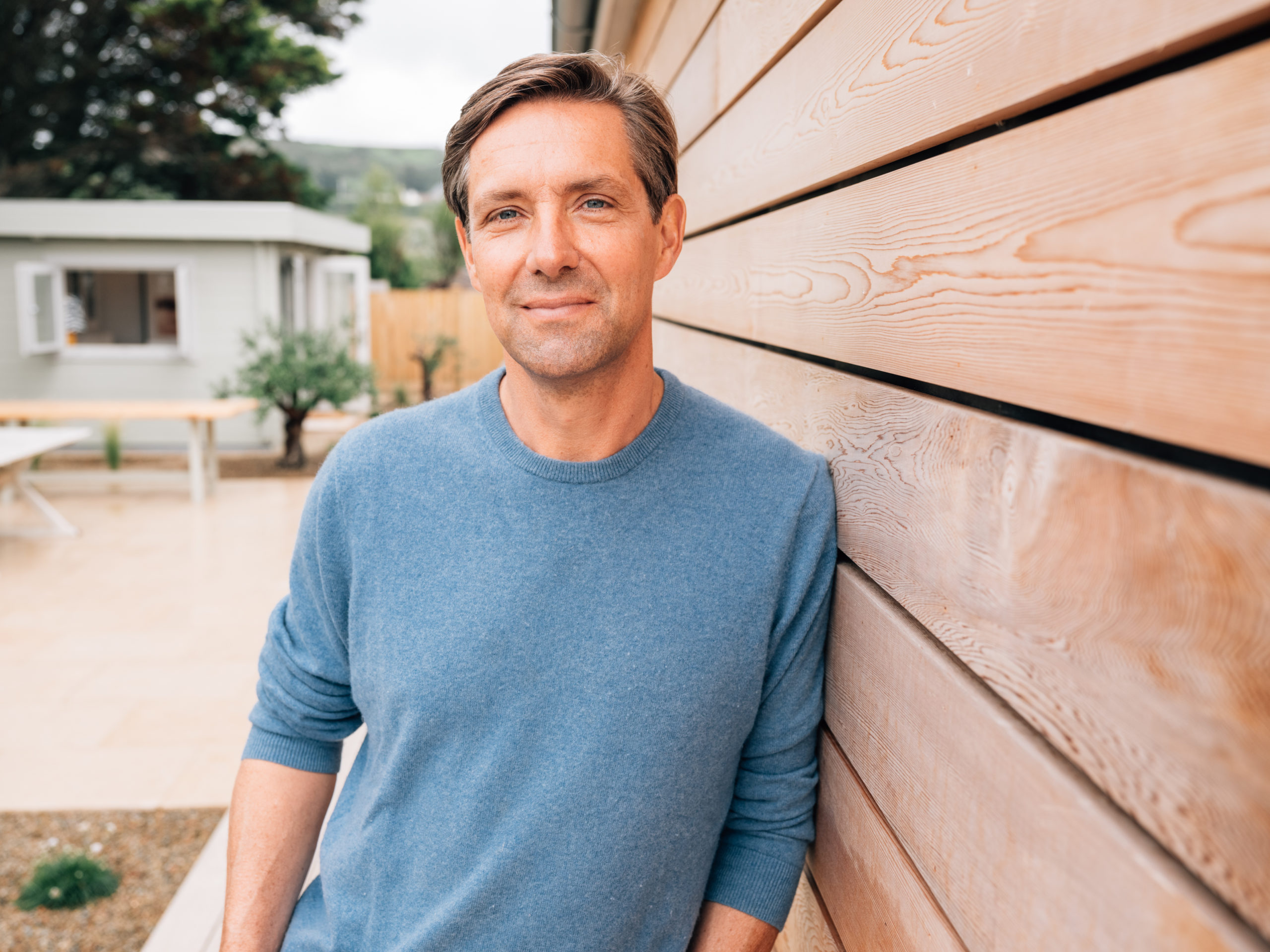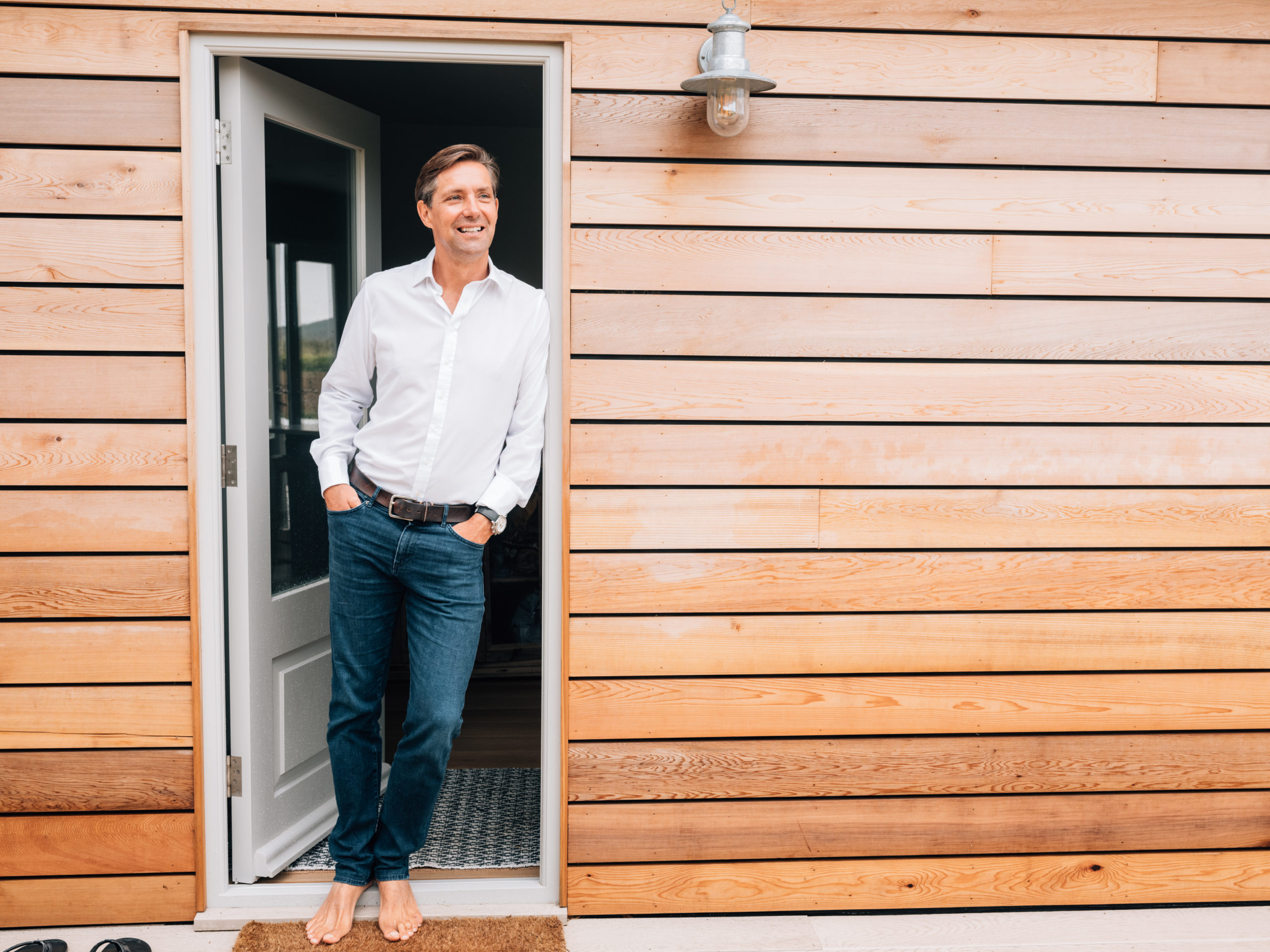
Simon Hodges photographed by Matt Porteous
LUX columnist and life coach Simon Hodges continues to explore how we can move away from a survival-based way of thinking and towards a mindset which will help us thrive
In my last column, I posed a few questions, one of which I want to explore more deeply, as it is fundamental to personal transformation: What are the beliefs that I previously bought into which are no longer serving me?
Our Belief Systems
So here is the reality: our belief systems drive our behaviour and everything that we do in our daily lives, and I really do mean everything!
Even though we have tens of thousands of thoughts a day, we tend to only focus on a handful and this handful is far too often rooted in fear. Have you stopped to notice recently which thoughts you habitually pay most attention to? What themes seem to keep coming up?
Follow LUX on Instagram: luxthemagazine
Let me bring this alive for you with some real-life examples of how our belief systems play out day to day. How many of you are familiar with the following?
- Constantly hearing a grating voice in your head which crops up just as you’re about to do something slightly scary and exciting?
- Feeling frequently frustrated and unfulfilled in your life knowing that you are capable of so much more, but without being able to take the next step?
- Noticing that you feel a lot of fear-based emotions in your life, such as anxiety about the future or rumination on the past and its failures?
What does this all mean? Well, beneath all of the thoughts and memories that came up as you read those questions is a limiting belief waiting to be outed!
What are our belief systems and where do they come from?
Our belief systems are simply the stories that we believe to be true about ourselves and how we see the world we live in. These might be something like:
- You can’t make it in life and be successful unless you fight – no pain, no gain!
- The world is a place of scarcity, filled with people who are out to get me.
- When I open up and let people in, I always get hurt.
- It’s better to play it safe in life and be ‘the diplomatic one’, rather than take risks and fail.
- It’s selfish to put myself first, I must always look after everyone else.
- I need to be reserved and calm – expressing how I feel and being emotional are signs of weakness.
- Everything I do has to be perfect – anything less is failure.
The vast majority of our belief systems stem from our childhood / adolescence and how we interpreted events that occurred during these times and specifically, the meaning we gave to these where we felt emotionally triggered by unpleasant or unwanted feelings. These can be from big life events like death, divorce, injury and illness, or from much smaller and seemingly innocuous things like:
- how you felt sad and unworthy when your Dad never gave you praise for something you felt was important and meant a lot to you.
- how your sibling was always the centre of attention and got away with murder, but you were often ignored or disproportionately punished and felt that you weren’t loved as much.
- how your parents often argued and so you felt you had to be the ‘good girl / boy’, never ask for anything and make everyone else happy.
The reason we interpret these events as above, comes down to three simple needs that are hardwired into our DNA and pre-programmed. We all want to feel:
- Loved
- Worthy
- Enough
When we experience events and interactions where our sense of anyone of the above is compromised, our default reaction is to make up stories (belief systems) to protect us from these unwanted feelings happening again, or at least with less intensity. Inevitably, the stories we choose are built on fear and we end up avoiding doing or saying things, playing safe, and generally not engaging as fully in life and our relationships.
And here’s the killer punch: the vast majority of us are living lives well below our potential because we are unconsciously allowing these limiting (and self-sabotaging) beliefs to run our lives day to day, like the corrupt software of an out of date computer.

Photograph Matt Porteous
What can I do to change my beliefs?
The short answer is: a lot! It is scientifically proven that you can rewire your brain and re-programme your belief systems in as little as 90 days, although my experience is that it is more like 180+ days in reality (more of this in my next column).
Read more: Durjoy Rahman on promoting South Asian art
But all change starts with awareness, so first of all, you need to become more aware of the internal chatter in your head, the prevailing emotions you feel day to day and start to assess where in your life you feel least satisfied. When you do this, you will gradually begin to see what is really going on in your head – whether you like it or not!
In short, you cannot make positive changes to move forward until you first become aware of what is holding you back and shine a bright spotlight on these beliefs to see if they really are your ‘truth’ or in fact are just ‘stories’ which you created unconsciously as a child when you didn’t have the awareness to know better.
From this base of core awareness, you’ll be able to ask better questions and to start to consider other choices which might serve you much better – choices which will ultimately leave you happier and more fulfilled with where you are now and where you’re going.
Find out more about Simon Hodges’ work: simonhodges.com; @simonhodgescoaching











Recent Comments